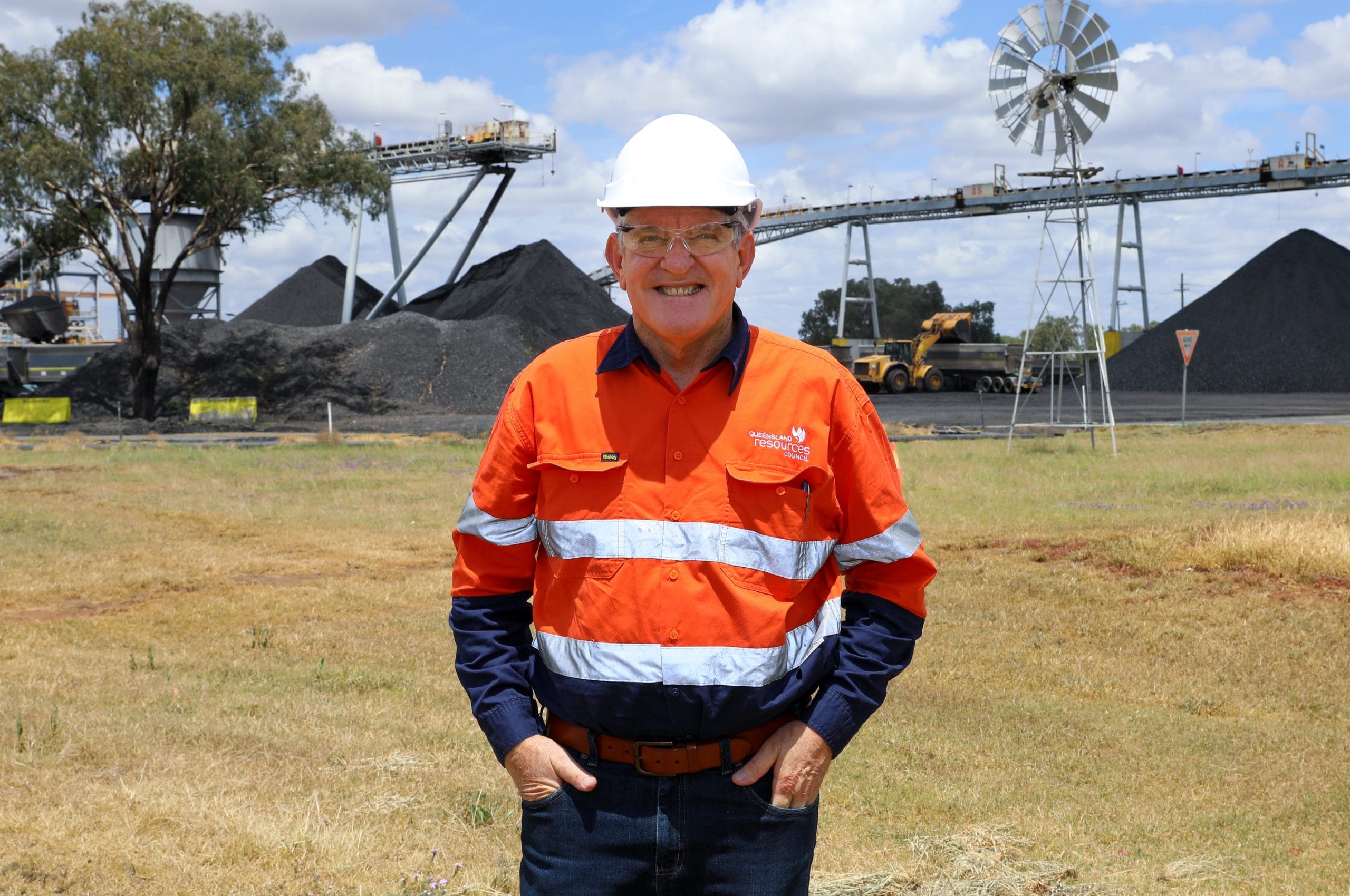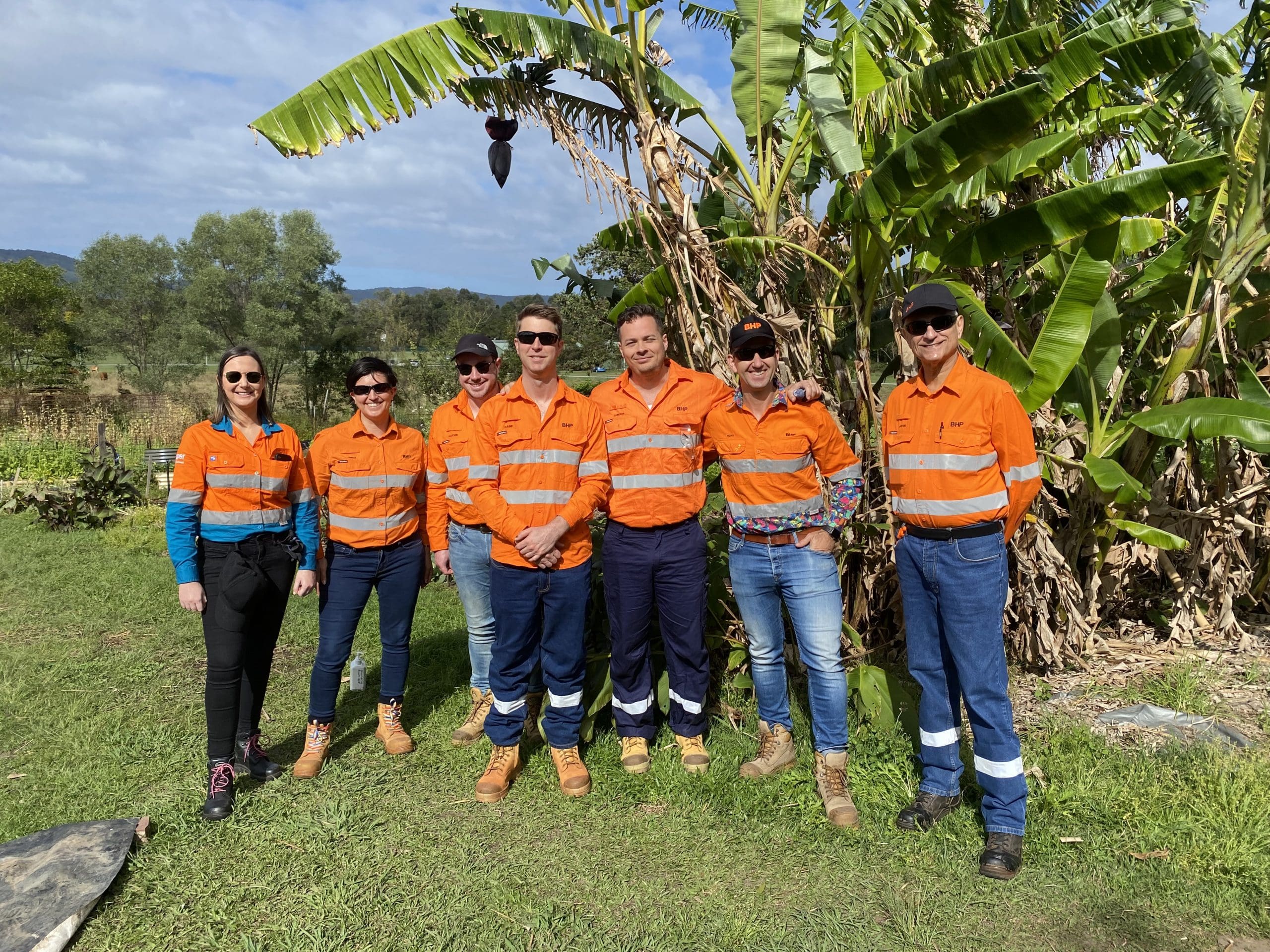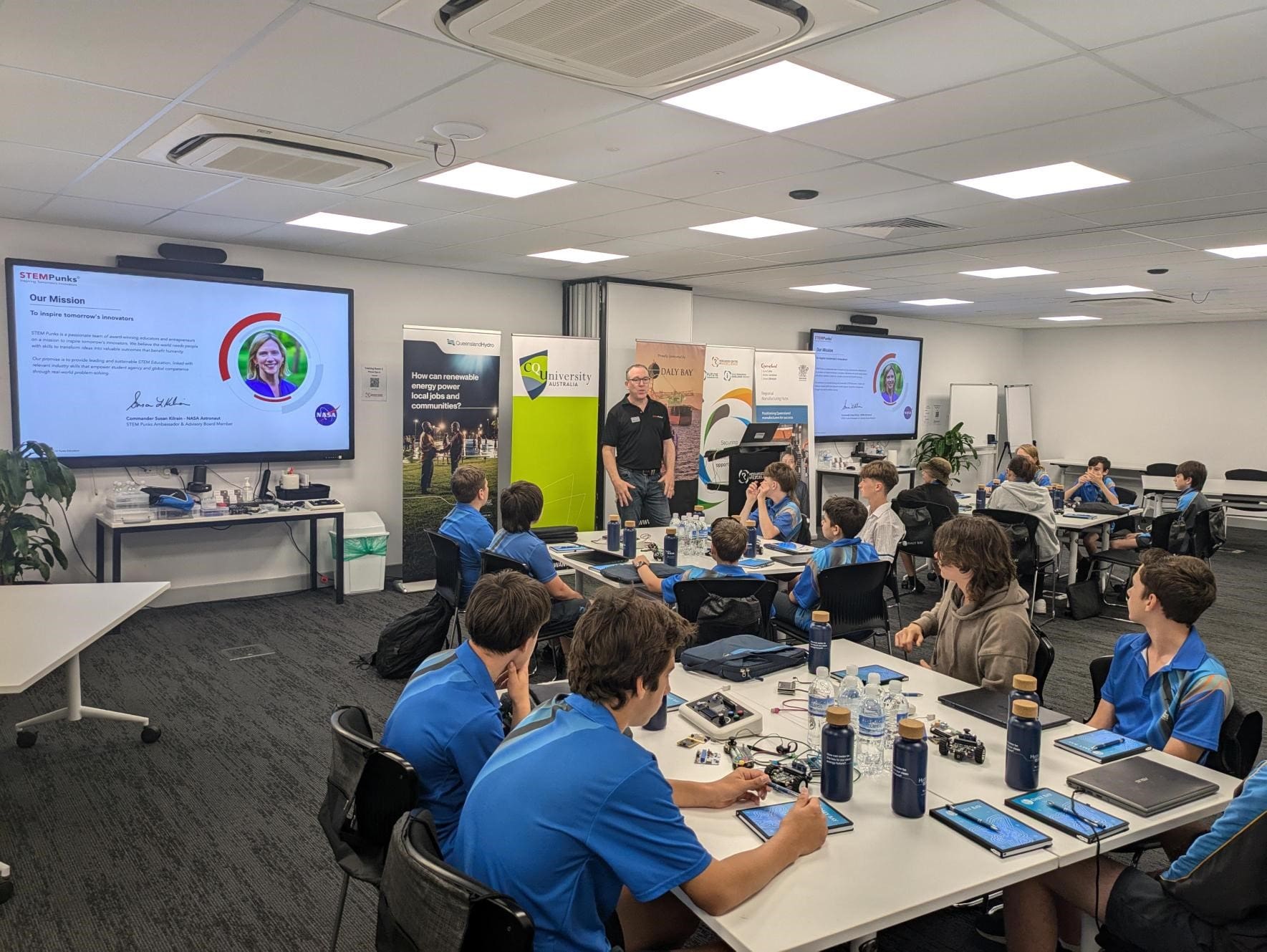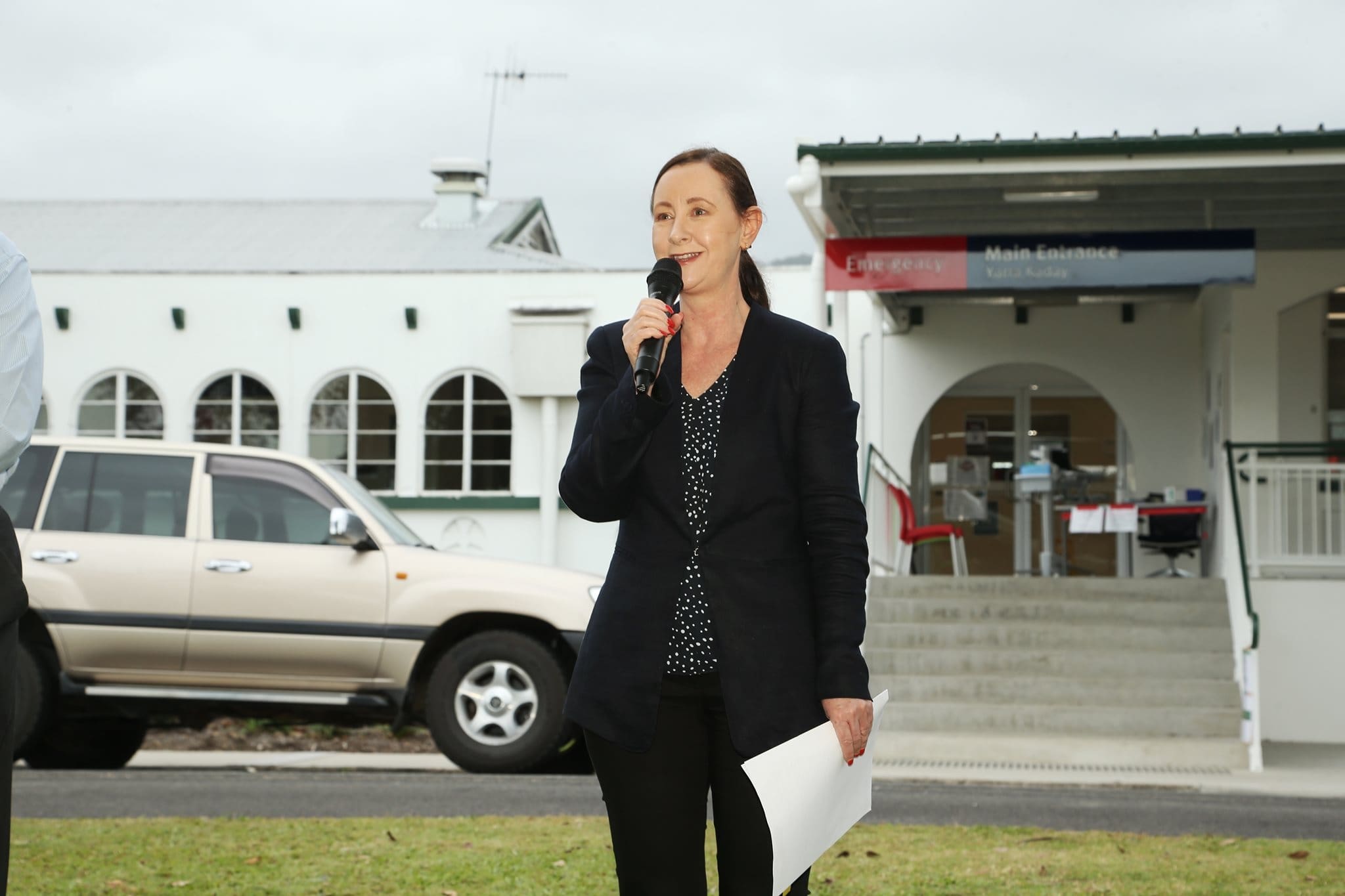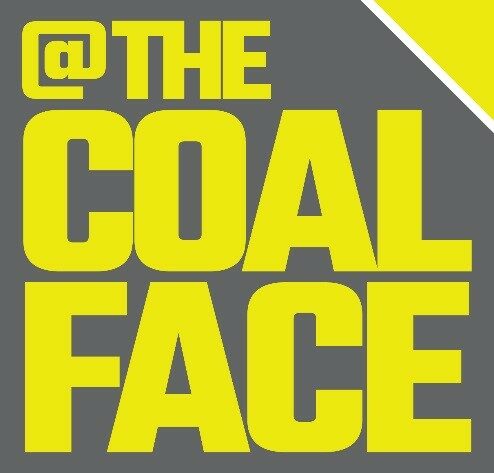While safety is a 24/7, 365 days a year priority for Queensland’s resources sector, October provided a good opportunity for us all to put a sharper focus on this vitally important topic.
The October Safety Reset across our industry coincided with National Safe Work Month, which meant the important safety message was hard to miss.
The first Safety Reset in 2019 was a proud joint initiative of the Queensland Minister for Resources, QRC, Mining and Energy Union, Australian Workers Union and Cement, Concrete, and Aggregates Australia (CCAA).
It’s grown significantly since then to include several other industry bodies and resources companies involved in the organising committee for the Safety Reset.
The goal is for the safety reminder message to reach every worker involved in the resources sector during October, on top of the daily procedures and training done throughout the year.
As you’ll often hear in our industry, safety must remain the number one priority of every company and workplace and the October Safety Reset reinforces that commitment.
There were some significant developments in the Queensland resources sector during October.
The QRC welcomed the announcement by Whitehaven Coal that it will purchase the Daunia and Blackwater metallurgical coal mines in Central Queensland from BHP.
The confirmation of the sale of these established mines as ongoing concerns is good news for the workers and the regional communities the mines support.
It is also a major show of confidence in the long-term global demand for Queensland coal, despite claims from some quarters that its days are numbered. Queensland has the high-quality metallurgical coal that is essential to supporting economic growth and the transition to lower emissions.
That’s why it’s more important than ever that Queensland has the right policies to attract new investment in new projects.
While the sale of the two existing mines is welcomed, it has again raised questions about the Queensland Government’s snap decision to impose the world’s highest royalty tax rates on coal producers.
BHP said while it will keep investing in safety and maintaining its existing operations, it will not invest in growing its Queensland business due to the uncompetitive royalty regime.
It came as the Queensland Treasurer announced the 2022-23 budget surplus will be $1.6 billion higher than originally forecast at $13.9 billion, driven largely by the Queensland resources sector.
The significant contribution of mining and energy companies to Queensland’s current economic position is the result of investment decisions made years or decades ago.
The Queensland Government’s short-sighted decision on coal royalty tax rates is now killing the golden goose, threatening the future capacity of tour sector to support Queenslanders through difficult times.
Without the coal royalty tax increase, total royalties from the resource sector would have still hit a new record, exceeding $10 billion.
If the Queensland Government wants the resources sector to be able continue to provide that support into the future, it needs policies that encourage investment to maintain a stable pipeline of projects in the years and decades to come.
Instead, investors are now looking to other states and countries for new projects.
Ian Macfarlane
Queensland Resources Council Chief Executive

